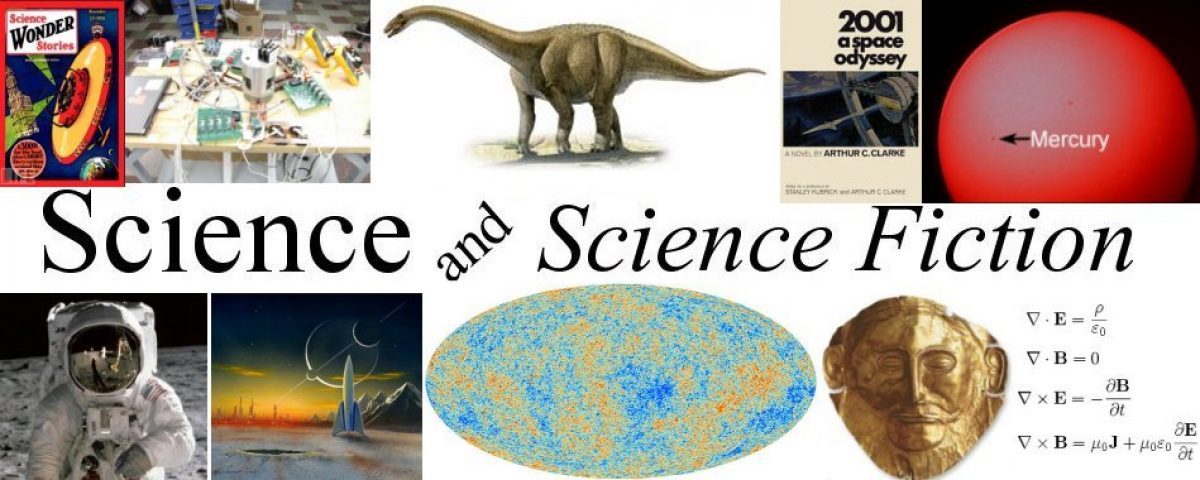There’s a new movie that’s just been released that is not getting the attention it deserves as far as I’m concerned. It’s called ‘The Current War’ and it dramatizes the often bitter but completely non-violent struggle between Thomas Edison, played by Benedict Cumberbatch, and George Westinghouse, played by Michael Shannon. These two titans of the industrial age struggled over which of them would be the first to provide the new technology of electric power to our nation. This contest was between more than two of the most famous industrialists in our history it was a fight between which kind of electricity, Direct Current (DC) or Alternating Current (AC) would be produced and delivered to millions of customers.
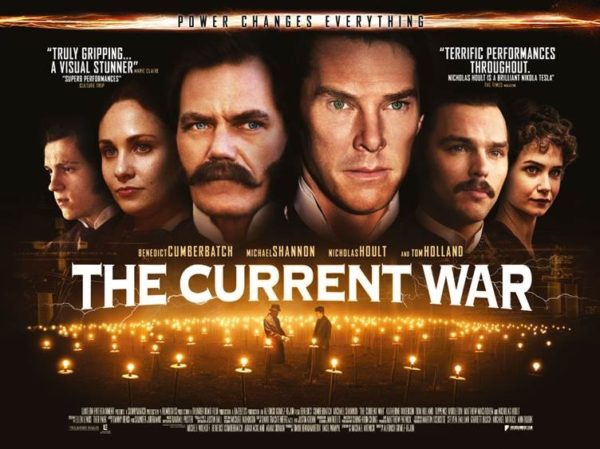
You see Edison had succeeded in electrifying a square kilometer of lower Manhattan using the simpler DC. This was the establishment of the first ever electrical power utility and is a large part of Edison’s reputation as an inventor and industrialist. Because of that success Edison became convinced that simpler just made sense.


But DC had its drawbacks; the primary one being that it is very difficult to change one DC voltage to another. This meant that Edison could not use dangerous high voltage power lines to transit his power over great distances and then feed lower, safer voltages into people’s home. Because of this limitation Edison needed to build a power plant almost every kilometer, a very costly proposition.
AC traveled much better. An AC power plant could send high voltage power hundreds of kilometers and then use a device called a transformer to lower the voltage down to a safe level in which it could be delivered into a customer’s home. The drawback for AC was that, although motors using DC was simple to build, AC motors were so complicated that no one had managed to invent one. George Westinghouse was convinced however that AC’s advantages made it the superior system and that sooner or later someone would invent an AC motor.
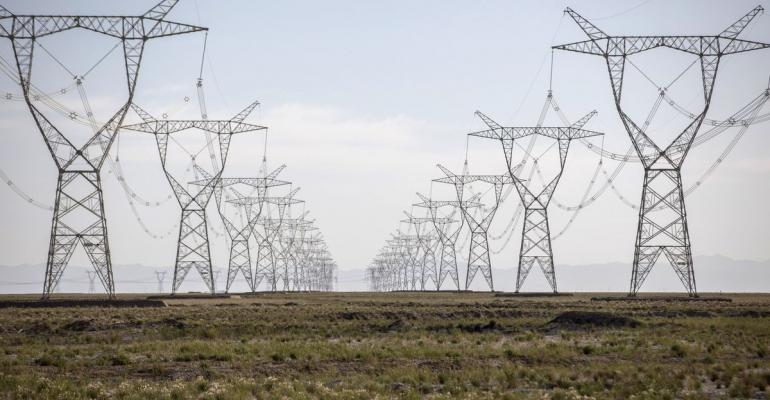
‘The Current War’ illustrates all of the engineering back and forth while at the same time showing us something of the personalities of the individuals involved. Both Edison and Westinghouse begin as men of honour. Edison for example steadfastly refuses to invent or work on weapons of war of any kind. As for George Westinghouse, throughout the contest his admiration for Edison is evident, his desire to work together is show on several occasions. However each man is determined to see his system win triggering a battle of technology.
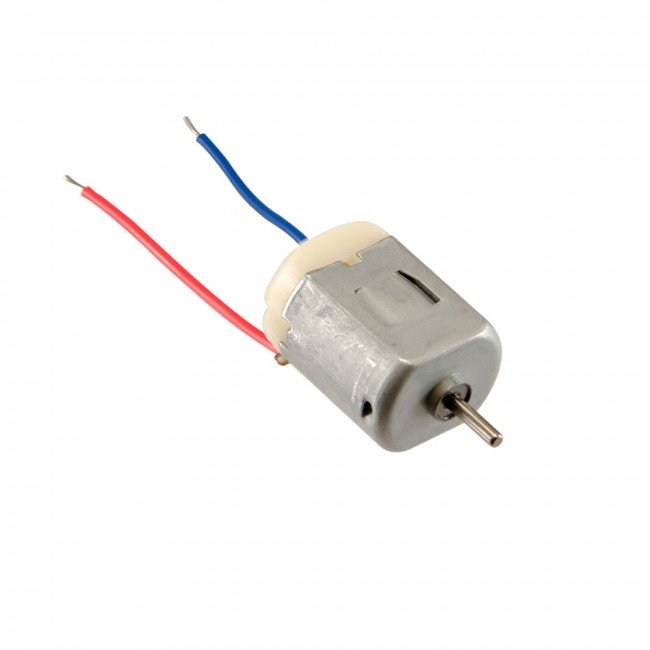
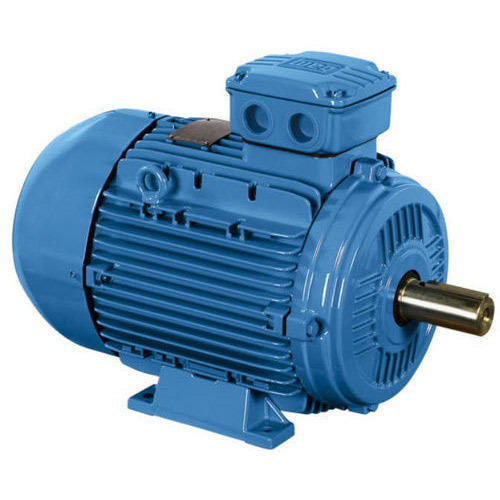
Now ‘The Current War’ is not without problems of its own as a movie. There is one sequence in particular that comes to mind. Several times during the story George Westinghouse has a flashback to an incident that occurred to him during the Civil War. Its not until almost the end of the movie that we find out everything that happened and while the incident does reveal something of Westinghouse’s personality by that time it’s of little interest and the movie would have been better to have eliminated the whole affair.
Then there’s Nikola Tesla, the brilliant Serbian born electrical engineer who finally succeeded in developing an AC motor that actually worked better than any DC motor. It was Tesla’s inventions that allowed Westinghouse and AC to finally prevail. However while in the movie Tesla, played by Nicholas Hoult, appears from nearly the beginning he has little influence on the action until nearly the end. Because of this the character of Tesla distracts from the drama more than enhances it.
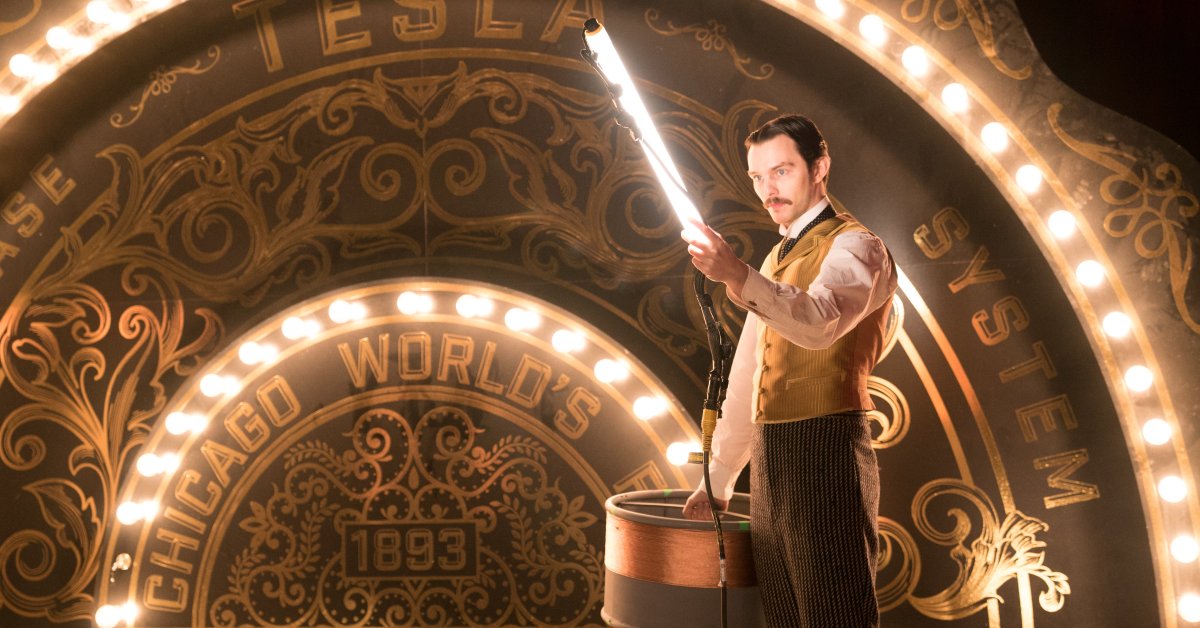
Still I heartily recommend ‘The Current War’, if only because it shows how the ‘wars’ that humanity actually wins are those about ideas not gold or territory or dominance. You’d better see it fast however, it’s not doing well at the box office and could disappear soon. Just goes to show how a movie about ideas, about the things that made our modern world a better place to live gets lost amongst all of the explosions and fistfights and good guy, bad guy mentality that makes up all of the Hollywood blockbusters.
